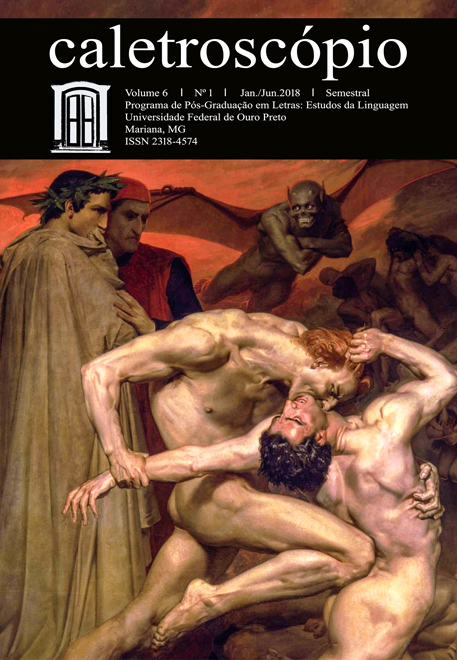Machado de Assis and the Brazilian uses of the Roman World
Resumen
The myths, the characters and the history of Classical Ancient World attend the work of Machado de Assis, the best-known and most universal of Brazilian writers. Although it is very uncertain how effective was the author's knowledge of ancient languages (Greek and Latin), he used to appreciate entering in his short stories and novels an unceasing dialog with the Greek and Roman Literature through quotes, imitations and appropriations of that legacy. In one of his literary columns, the writer signals a little of its rewriting practices to describe a dream in which he mixes the ancient Rome and Rio de Janeiro of his time, for example when the Narrator declares, "I go up Via Appia, and I turn on Rua do Ouvidor" (Subo a Via Ápia, dobro a Rua do Ouvidor). It is visible that the past and present mingle on a tame craziness, showing, in the course of this text, that ancient Rome was present with all its signs most prominent, Virgil, Appia, Maecenas and Augustus, among characters and places from the tropical capital. By the analysis of excerpts like this, in this paper I seek to sketch some of the roles of Classical culture in Machado's work, and, at the same time, to propose a reading of Machado on the light of Classical Reception Studies.
Descargas
La Revista Caletroscópio detendrá, por un periodo de tres años, los derechos autorales de todos los trabajos aceptados para publicación: artículos, reseñas, traducciones, etc. Salvo esa restricción, los trabajos están licenciados con la Licencia Creative Commons – Reconocimiento – NoComercial – SinObraDerivada 4.0 Internacional. Después de ese tiempo, caso el autor publique el texto, aunque sean hechos cambios en el original, se solicita que sea incluida, en nota a pie, la información de que una versión anterior del artículo fue publicada en la Revista Caletroscópio, presentando las referencias adecuadas.


